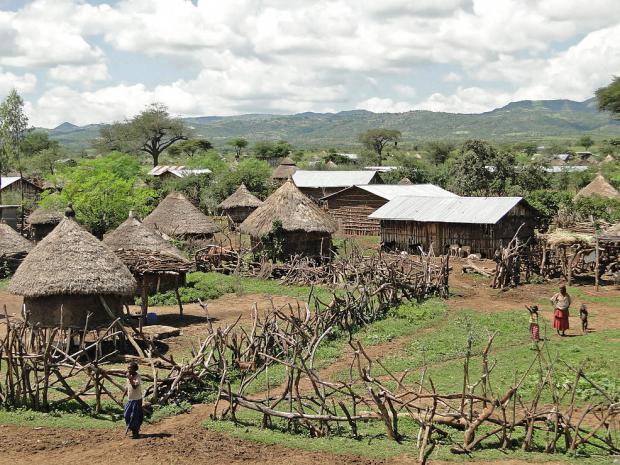Project background
Konso is the first place in Ethiopia to be recognized as a ‘cultural landscape,’ in UNESCO world heritage list, a nod to its importance as a repository for biocultural diversity evolved over many centuries. The landscape consists of productive and unique terraced settlements spread over 21 square miles in the semi-arid Konso highlands, 550 km south west of Addis Ababa.
The Konso people are well known for their distinctive religious and cultural traditions including their unique funerary rituals involving elaborate music and dance. Konso culture is also famous for its carved wood statues called wagas, which memorialize important people in the community.

The Konso’s resilient agricultural techniques, centred on extensive terracing and productive methods that nurture a web of agro-biodiversity, have also gained them attention. Farmers in Konso practice a highly sophisticated brand of terrace, agroforestry and manure agriculture that consistently provides bountiful harvests. When there are food shortages in the surrounding area, the web of relations that exists throughout the biocultural landscape responds and provides for all.
The unique cultural diversity and richness of the place brought an Italian scholar to create a Cultural Centre in Karat, a small city centre of the Konso landscape, in order to research, promote and valorise the cultural heritage of the region, as well as promoting education and cultural diffusion through cultural expressions. Specifically, the activities related to cultural safeguard will mainly take place in Konso Cultural Centre, built within the project "Economic development, promotion and safeguard of the cultural heritage of the Konso Special Woreda - Ethiopia", financed by the Italian Cooperation and finished on 31.03.2011. The project financed by European Union is therefore to be considered as its second phase.